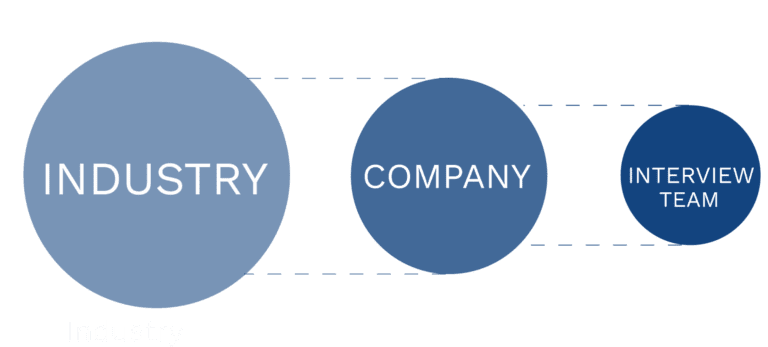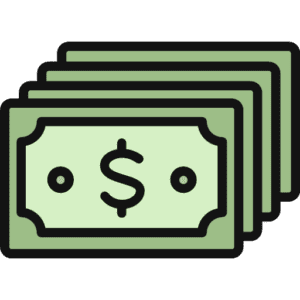
The Art & Science of Executive Interviewing
As companies continue to be challenged with market fluctuations and workforce availability, it has become more critical than ever to hire agile executives who can lead and motivate teams during dynamic market climates.
While the demand for talent remains high, it is a mistake to assume that companies are lowering their standards or requirements for executive hires. With change being the constant of late, it is critical for companies to be discerning. Companies will be curious about your ability to quickly adapt and manage change, be a utility player when needed while maintaining team engagement.
As you prepare for your next executive interview, here are some things to consider and common mistakes to avoid.

Whether you have been in the industry for years or entering a new industry, it is important to research the industry, company and interviewers prior to an interview.
- Industry Research:Regardless of time in the industry, it is important in this evolving market to be up to date on market competitors and projections.
- Company Research: Review all pages of the company website – product, customers, investors, annual reports. Also important to search for industry articles about the company to get an understanding of how the company is perceived in the market.
- Interview Team: LinkedIn is a great resource for learning more about your interviewees and the background and experience they bring to their role.
Do not assume that your resume speaks for itself. Be prepared to tell your story and what you specifically owned. Companies will be curious to know specific metrics you owned and the story behind the “how” of your achievement and “who” was involved.

- P&L and/or Budget: What aspects did you own vs influence?
- Team Size: Direct and indirect reports – it’s important to understand your ability to lead through direct management and through influence and experience with in person and remote teams.
- Metric Improvements:Share % of change made or growth achieved. Critically important to share the “how” and “who” was involved.
Be authentic. It is important to balance being prepared vs scripted. Oftentimes you will be interviewing with a panel of your peers so it is important to show up as yourself so you all can determine if there is a mutual fit with personalities and leadership styles and philosophies.
- Share Lessons Learned: Challenges and failures are not considered a negative if important lessons were learned along the way. Think about some of those lessons learned along the way that were foundational to who you are today.
- Leadership Style: It’s important to share information with the team that demonstrates your experience collaborating with past executive teams. Do you prefer specific details around goals or being provided the goal and the autonomy to shape the strategy and vision for your business/team?
Ask the same questions of the interview team – a common mistake made during an interview is to only ask HR about culture, and the CFO about the financial health of the business. It is important to understand each functions viewpoint of the company dynamics or business goals. Where are the similarities and gaps? Explore the gaps further!
Compensation Discussion:There is a time and place to discuss and negotiate compensation and the first in-person interview with the team is not it. Most likely you have already discussed compensation at a high level with the executive recruiter

and an agreed upon range has been discussed. While everyone understands the importance of compensation, leading with or focusing on this in an interview with your peers or superiors has the tendency to make candidates interest and intentions about the role come across as disingenuous.
Take time to assess your interview process independently or with the executive recruiter. It is just as important for you to see the fit as it is the company. What are you most excited about and what questions remain? It is okay to ask for a follow-up interview to gain clarity. A successful hire is only achieved when there is mutual excitement about the fit and the role.